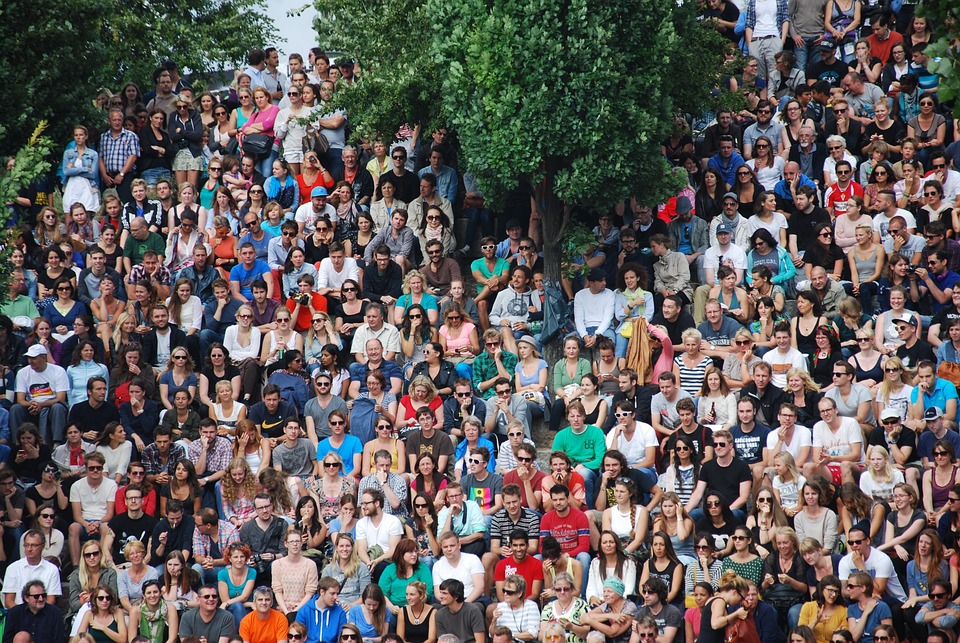Behind the Scenes: Planning and Organizing Cultural Events
Cultural events play a significant role in society, bringing people together to celebrate and showcase various aspects of a particular culture or tradition. Behind every successful cultural event is a team of dedicated professionals who work tirelessly to ensure that everything runs smoothly. From the initial stages of planning to the execution of the event itself, there are many behind-the-scenes tasks that need to be completed in order to create a memorable experience for attendees.
Initial Planning
The first step in planning a cultural event is to define the objectives and purpose of the event. Is it a festival showcasing traditional music and dance? A food and wine tasting event celebrating a specific culture? Or perhaps a cultural fair featuring arts and crafts from various ethnic groups? Once the purpose is established, the next step is to create a budget, set a date, and secure a venue.
Securing Vendors and Partners
One of the key aspects of organizing a successful cultural event is securing vendors and partners who can help bring the event to life. This may include artists, performers, food vendors, sponsors, and media partners. Negotiating contracts and agreements with these partners is essential to ensure that they understand their roles and responsibilities.
Marketing and Promotion
Promoting the event is crucial to its success. Utilizing various marketing channels such as social media, email campaigns, and traditional advertising can help generate interest and attract attendees. Creating a visually appealing website or event page is also essential for providing information about the event and selling tickets.
Logistics and Operations
On the day of the event, logistics and operations play a crucial role in ensuring that everything runs smoothly. This includes setting up the venue, coordinating with vendors and performers, managing ticket sales, and providing a safe and enjoyable experience for attendees. Having a detailed event plan and timeline is essential for keeping everything on track.
Volunteer Management
Volunteers play a critical role in the success of cultural events. Recruiting and training volunteers to help with tasks such as set-up, ticketing, crowd control, and clean-up can help ensure that the event runs smoothly. Providing volunteers with clear instructions and feedback is essential for creating a positive experience for both the volunteers and attendees.
Evaluation and Feedback
After the event is over, it’s important to evaluate its success and gather feedback from attendees, vendors, and partners. This information can be used to improve future events and make adjustments to the planning and organization process. Analyzing key metrics such as attendance numbers, revenue generated, and attendee satisfaction can help identify areas for improvement.
In conclusion, planning and organizing cultural events require careful attention to detail, effective communication, and dedication to creating a memorable experience for attendees. From securing vendors and partners to managing logistics and operations, there are many behind-the-scenes tasks that need to be completed in order to create a successful event. By following a systematic planning process and working closely with a team of dedicated professionals, cultural events can successfully celebrate and showcase various aspects of a particular culture or tradition.



